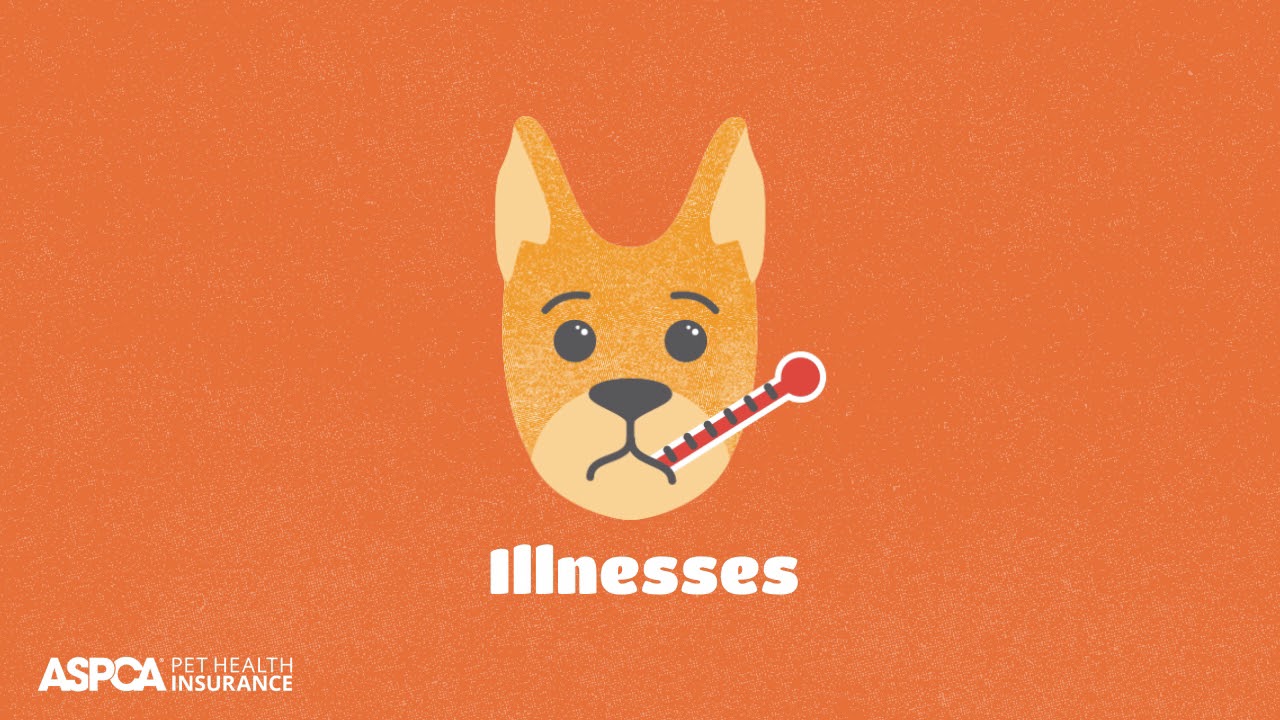
Idaho has many options for health insurance. Blue Cross Idaho, Regence Blue Shield Idaho Molina, PacificSource and PacificSource are some of the carriers available. Additionally, Idaho provides Medicaid, a federally funded program for low income individuals. Medicaid is a program that provides low-cost or free coverage for people who meet the requirements.
The Affordable Care Law (ACA) has a huge impact on the state's residents. Your monthly premium may be reduced if you are eligible for a tax credit on premiums. A broker can also help you buy an off-market policy. Before you make your final decision, be sure to understand the pros and cons of each option.
Idaho has three main metal classes or tiers of health insurance. Each class offers plans with different levels of features. For example, the Silver class is for moderate health care needs, while the Gold class is for chronic illnesses. A Silver-class plan will cover 70% of your medical costs while a gold plan will cover the remaining 80 percent.

The bronze class covers up to 60% of your medical expenses and is the most affordable. Your monthly premium will be more expensive than that of the gold class. As well, copayments will be lower for the silver class.
The largest proportion of Idaho's residents are covered by individual market policies. This is because the state's average monthly premium for an individual plan is $231. Although this is a better deal than the benchmark plan's cost, it's still not cheap if you need a more comprehensive policy.
The ACA also established a number new rules for insurance. The ACA requires insurance companies to offer coverage for pre-existing conditions, and to cover all necessary health benefits. To pay for medical expenses, you can also use an HSA. All insurance plans must be compliant with the ACA rules pertaining a coverage.
Most Idahoans can now shop for new insurance plans through the Affordable Care Act. The November open enrollment period for ACA starts. You have 60 days to cancel or change your existing plan. It makes it much easier for people who don't like the current coverage to switch.

Of course, the most important thing to know is that you can apply Medicaid. The federally-funded program will provide basic dental and health services for low-income residents. These benefits include doctor visits, immunizations, and hospitalization. Furthermore, you'll be able to get your children's vaccinations, too.
You might consider buying individual health insurance, depending on how your budget works and your health. But, your individual health needs and whereabouts are important factors in deciding which option is right for you. Shop around to find the best plan. In the unlikely event you lose your coverage, there are special enrollment periods.